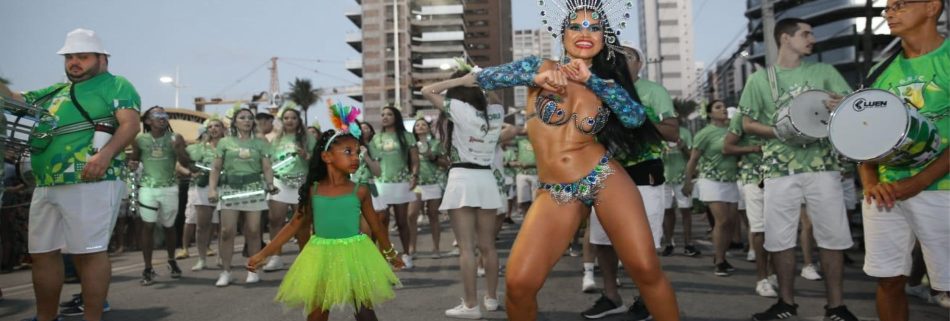Many Portuguese learners get tripped-up with the past tense. But there are some hacks that can get you speaking quickly. One of them is learning to use Portuguese participles. The past participle is just a verb conjugation that describes something that is over and done: written, said, cooked, closed etc.
Learning Portuguese participles is easy.
Learning Portuguese doesn't have to be hard!
Once you already know the basic form of a past participle, you can put together sentences like this:
A past participle is just a verb conjugation that describes something that is over and done: written, said, cooked, closed etc.
Ele está perdido? He's lost?)
Ela está cansada. (She's tired.)
O shopping é chamado Rio Sul. (The mall is called Rio Sul).
*The endings must take the gender of the subject:
A porta está aberta.
Ele está perdido.
Irregulars include:
Ele foi morto. (He was killed.)
A porta está aberta. (The door is opened.)
Está tudo feito. (Everything's done.)

Comentários